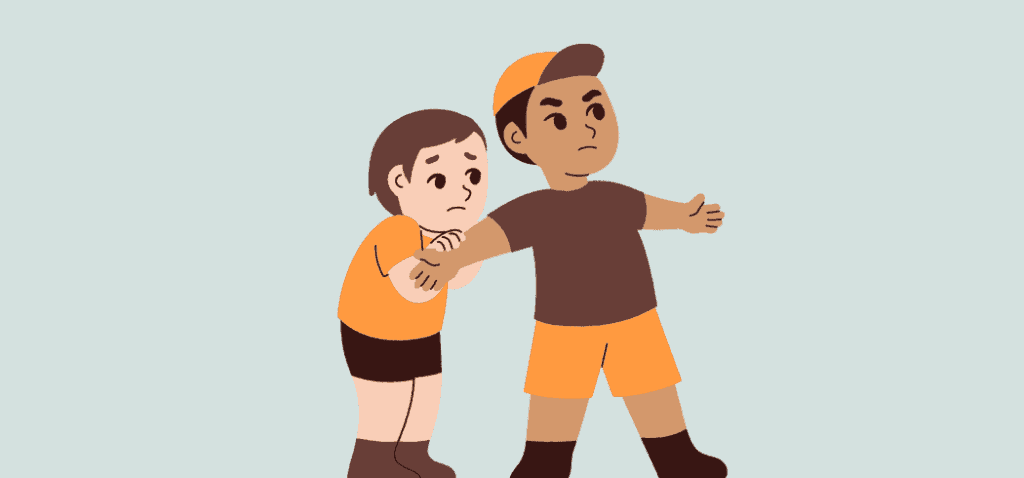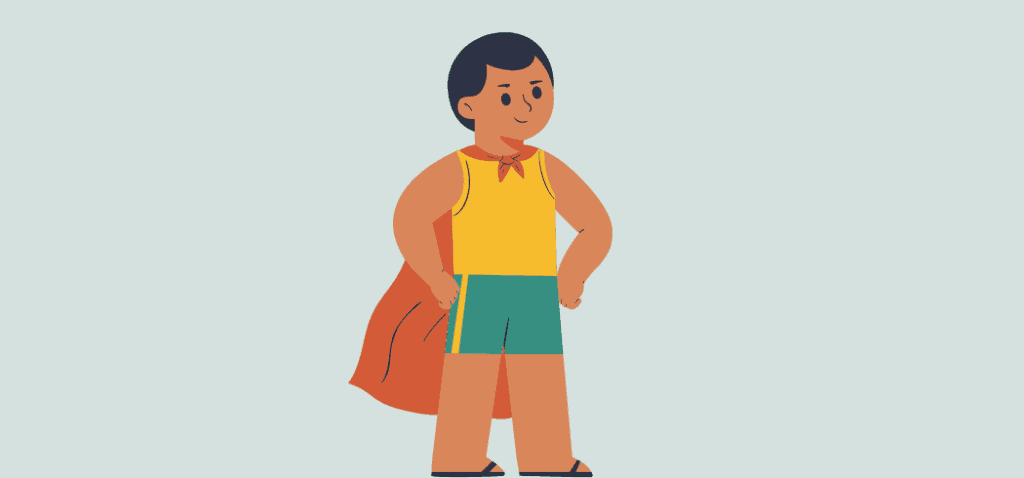The English language is full of idiomatic phrases or terms that mean something other than what they literally suggest. Many idioms become a cliche in their use, meaning they are overused or create a stereotype. To bite the bullet is something of a cliche due to its Wild West pop culture reputation, but the actual history behind the phrase is rather interesting.
Let’s explore where this term may have originated from and how it became synonymous with facing a hardship or problem head-on despite the problems it may cause.
What Does Bite the Bullet Mean?
To bite the bullet means facing a hardship straight on or bearing something physically or psychologically painful with bravery.
For example:
- Our legislators need to bite the bullet and put aside their pet projects to create healthy tax reform that puts the people first.
- Although we weren’t happy with the audit results, we bit the bullet, found the funding, and opened the shop; three years later, we are making a profit and know the hardships were worth it.
- It’s time for the school board to bite the bullet and truly reassess who is doing their job within the district and who is not.
Bite the bullet is most popular as a cliché of the American Old West when cowboys were often bravely depicted as biting the bullet when dealing with painful situations. Bullets are made of lead, a soft metal, and biting the bullet was a distraction designed to stop a patient from crying out.
This terminology is probably much older than cowboy pop culture made famous in television series and romanticized novels. In fact, the “biting the bullet” theory and assumptions likely led to the cliche described above since widespread use of the practice has been hard to nail down.
The phrase likely stems from Revolutionary times (or earlier) as it has been recorded sporadically through the last few centuries as chewing the bullet in military jargon. Using teeth to help load a musket was common, possibly leading to the phrase’s origins. The soft lead of musket balls also may have contributed to their use to offset the pain of amputation or even boredom.
Origin of Bite the Bullet
Despite the popularity of the wounded biting the bullet hypothesis, the term is much older than the cowboy genre of the 1800s.
The figurative term may actually refer to how early guns worked. Gunpowder and a ball were previously loaded into paper cartridges. In the heat of battle, the soldier would rip open the tip of the paper cartridge with his teeth and pour the gunpowder and ball into his gun. Biting these cartridges and calmly loading a gun in the face of the enemy certainly meant facing a difficult situation with bravery, as in the idiom bite the bullet.
The first known accounts of the term used in a literal sense were immortalized in Samuel Butler’s poem Hudibras concerning the English Civil War in 1642-1651, in which he describes the “poisoning” of the enemy due to bacterial infection when the soldier’s “chewed” the bullets in advance of firing them: “Their case-shot savour strong of poison / And doubtless have been chew’d with teeth / Of some that had a stinking breath….”
It is again mentioned as chewing a bullet during the Revolutionary War when whipped as punishment or to help stave off thirst. A Classical Dictionary of the Vulgar Tongue, published in 1976, described “…whilst under the discipline of the cat of nine tails; to avoid which, they chew a bullet.”
A soldier at the Battle of Walloomsac wrote, “…I had drank nothing all day, and should have died of thirst if I had not chewed a bullet all the time….”
No matter whether biting the bullet originates from loading a gun using your teeth or as a means to help bear the pain of something. Today, it is used to describe facing hardship. It’s a fairly popular term, especially as a pop cultural cliche.
Let’s Review
Bite the bullet may have had its fair share of overuse through the last century’s habit of painting the Wild West as something to be romanticized, but it has an interesting beginning.
To bite the bullet means to face difficulty head-on and with courage. It likely originated with the habit of using one’s teeth to help load a gun, as well as the practice of chewing on a soft lead musket ball to offset thirst, boredom, and pain.
Related Articles:



